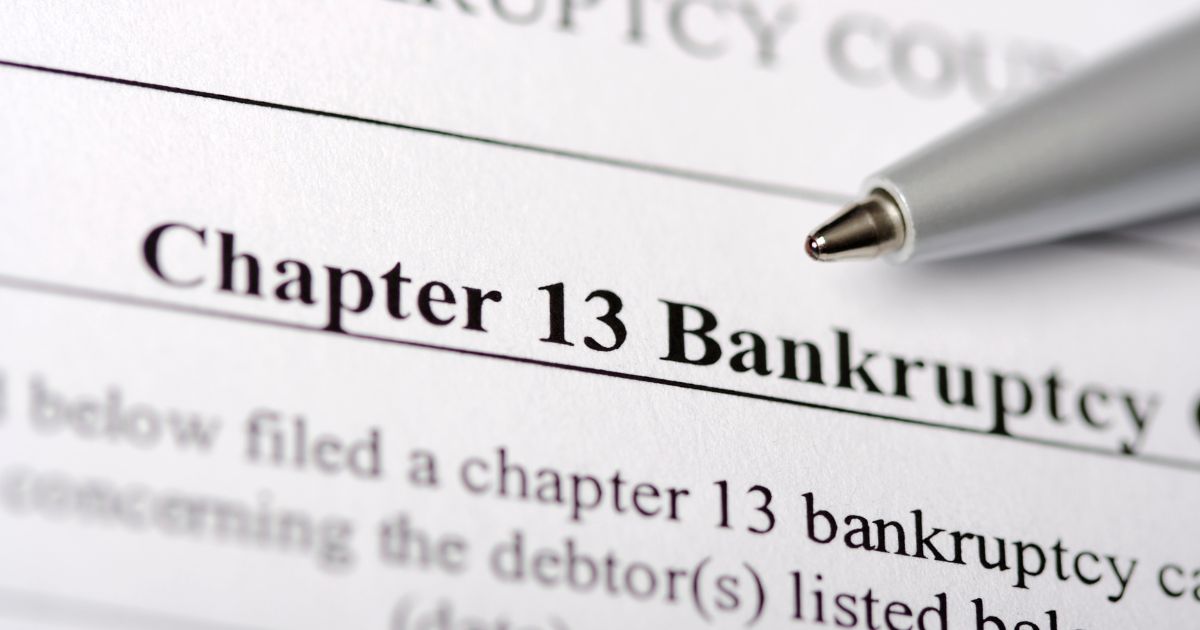Does Chapter 13 Bankruptcy Wipe Out All Debt?

The decision to file for bankruptcy is a significant one. It can provide relief from overwhelming debt but also carries long-term financial implications. Considering this option, you may wonder: does Chapter 13 bankruptcy wipe out all debt? Let us explore the answer in detail.
Understanding Chapter 13 Bankruptcy
Chapter 13 bankruptcy, often referred to as a wage earner’s plan, allows individuals with regular income to develop a plan to repay all or part of their debts. This plan involves making installment payments to creditors over three to five years.
While Chapter 13 bankruptcy can significantly reduce your debt, it does not eliminate all types of debt. Some debts are considered non-dischargeable, meaning they must still be paid after bankruptcy. These include:
- Certain taxes
- Domestic support obligations such as alimony and child support
- Student loans (unless undue hardship can be proven)
- Debts for personal injury caused by driving while intoxicated.
However, Chapter 13 bankruptcy can discharge some unsecured debts. These typically include:
- Credit card debt
- Medical bills
- Personal loans
- Some older tax debts.
Balancing Debt Relief and Financial Obligations
While Chapter 13 bankruptcy can provide much-needed relief for those drowning in debt, it is important to remember that it is not a catch-all solution. It requires a commitment to a multi-year repayment plan and does not absolve all financial obligations.
Initiating a Chapter 13 bankruptcy case requires thoughtful consideration of the future impact. Debtors must acknowledge that while Chapter 13 can lead to a potential discharge of several debt types, the record of bankruptcy will linger on a credit report for up to seven years. This timeframe can affect one’s ability to obtain new credit, secure housing, or sometimes even gain employment. The commitment to a Chapter 13 repayment plan is binding; failure to make scheduled payments can lead to case dismissal, leaving you with the original debt amounts.
It is also crucial to understand that during the life of the Chapter 13 plan, discretionary spending is scrutinized, and significant financial decisions, such as taking on new debt or selling property, often require court approval. Therefore, a debtor’s financial life is essentially under the management of the bankruptcy court. Adherence to the plan’s terms and regular communication with the assigned bankruptcy trustee can help ensure a successful outcome.
Our Vernon Bankruptcy Lawyers at the Law Offices of Jason L. McCoy, LLC Will Help You Protect Your Assets
If you are considering Chapter 13 bankruptcy, it is crucial to understand the implications fully. Every situation is unique, and what works for one person may not be the best solution for another. For more detailed information tailored to your specific circumstances, consider seeking legal advice. The Law Offices of Jason L. McCoy, LLC can provide the guidance you need. Protect your rights by speaking today with a Vernon bankruptcy lawyer. Call 860-872-7741 or contact us online to schedule your free consultation. Located in Vernon, New Haven, and Waterbury, Connecticut, we proudly serve clients in Tolland County, New Haven County, and Hartford County.
